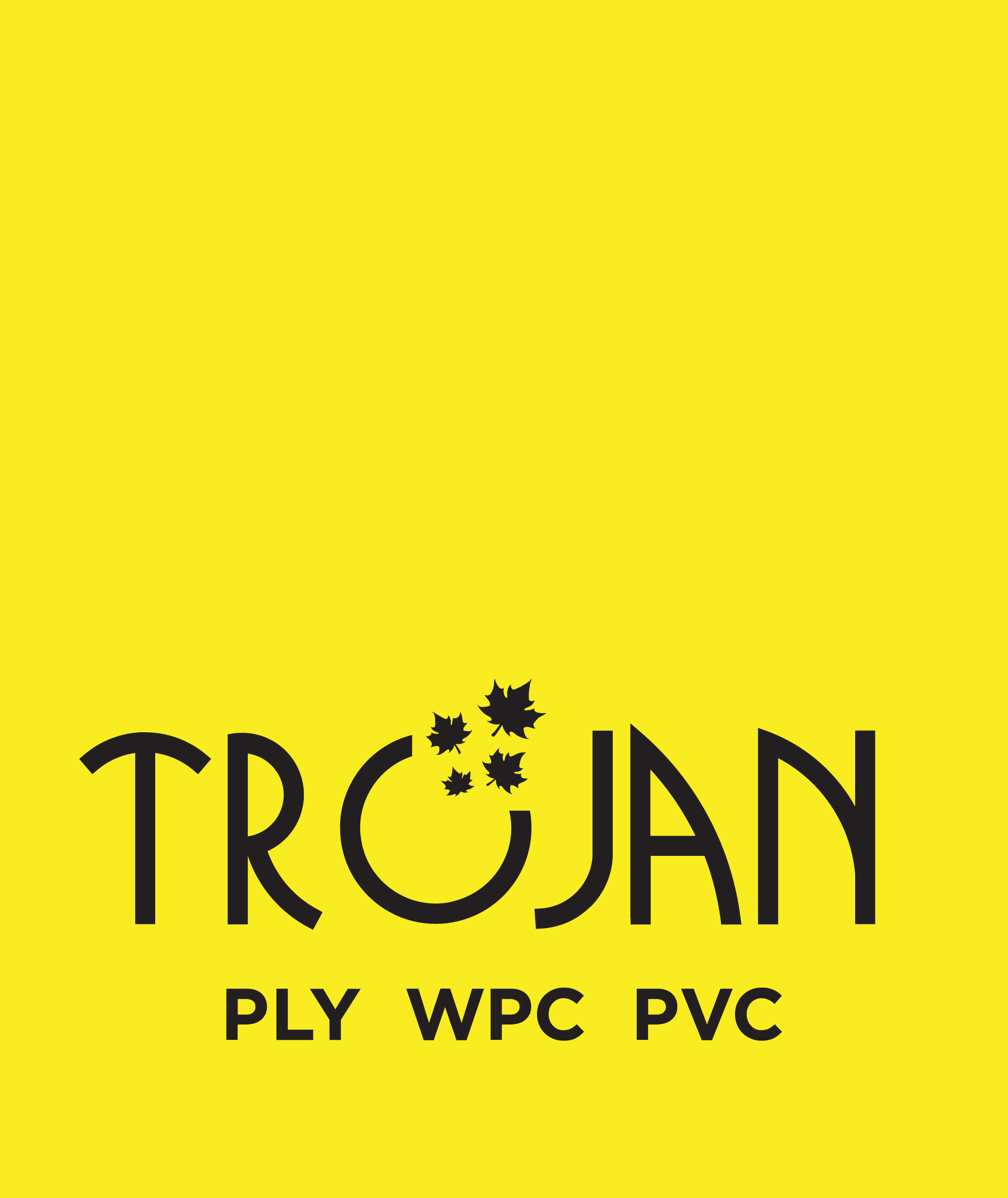“Do”s and “Don’t”s
While Trojan Plywood variants are among the better brands in the market today, when all is said and done, they are still very natural products, with which sufficient care must be taken, if we are to derive the best from them.
Listed below are a few of the basic minimum requirements which we need to observe when using Trojan Plywood.
Proper Handling & Care
Optimum Moisture Levels
Ensure Installation Area as Infestation-Free
When using your Trojan Plywood variant, make sure that installation area is an infestation-free site.
Product Guarantee Certificate
Do ensure that you have received your Trojan Plywood variant’s Guarantee Certificate from the dealer/manufacturer. This will allow you to benefit from our Product Guarantee assurance in the unlikely event of a genuine complaint.
Proof of Purchase
Do maintain the Purchase Invoices of your Trojan Plywood variant so as to avail any future claims when it comes to quality issues.
Storage Issues
Do not have your Trojan Plywood variant installed – or even stored away – in a damp and moist area. Such installations, or storage places, are likely to cause eventual fungal and other infestations over a period of time.
Improper Treatment
Do not subject your Trojan Plywood variant to drastic mechanical/ chemical treatment or other abnormal forms of use.
Poor Workmanship
Do not settle for inferior workmanship when using your Trojan Plywood variant. If you do, this will possibly affect the quality of the product as well.
Mixed Use
Whenever possible, avoid deploying your Trojan Plywood variant along with perishable timber which has not been subjected to proper seasoning and preservative chemical treatment of the wood being used.
Why is Trojan Plywood considered to be a better product?
The R&D team at Trojan ensures the best quality of raw materials at every stage to verify that the best product is going to the market.
How is Trojan Plywood eco-friendly?
Plywood products are made out of timber. Due to their bio-degradable property, it is safe for the environment.
What are the IS specifications referred in plywood?
IS 303 and IS 710 for normal plywood. Special plywood has other specification.
What happens when plywood gets wet?
While almost all plywood variants will not be affected by rudimentary water contact, Marine grade plywood sheets are better equipped to manage extended water contact. Like most types of wood, even if it is treated against water damage, extended exposure to moisture will start to wear and damage your plywood product.
Can my Trojan Plywood variant be bent?
Although Plywood in general can be bent, it has to be of a specialized variety (Flexiply), as most other types of plywood will splinter and break if they are bent. The best variety of plywood available for bending has to be close-grained so that the surface does not separate with bending.
Can my Trojan Plywood variant be stained?
Yes, plywood, in general, is a very easy material to stain because of its efficient construction. Owing to its relative affordability, it can also be ideal for all types of practice projects. Staining plywood will require special gel stains.
Is Plywood better than MDF and Particle Board?
Plywood has layers of wood pressed together. In the other hand, MDF and Particle wood are made of wood pulp and powder.
Does the greater weight of plywood make it of better quality?
Weight isn’t really a factor of plywood quality. It depends upon the raw materials and manufacturing process involved.
Which is a better panel? Blockboard or Plywood?
Plywood is stronger than Blockboard. It is suitable for furniture whereas Blockboard is preferred for vertical applications.



